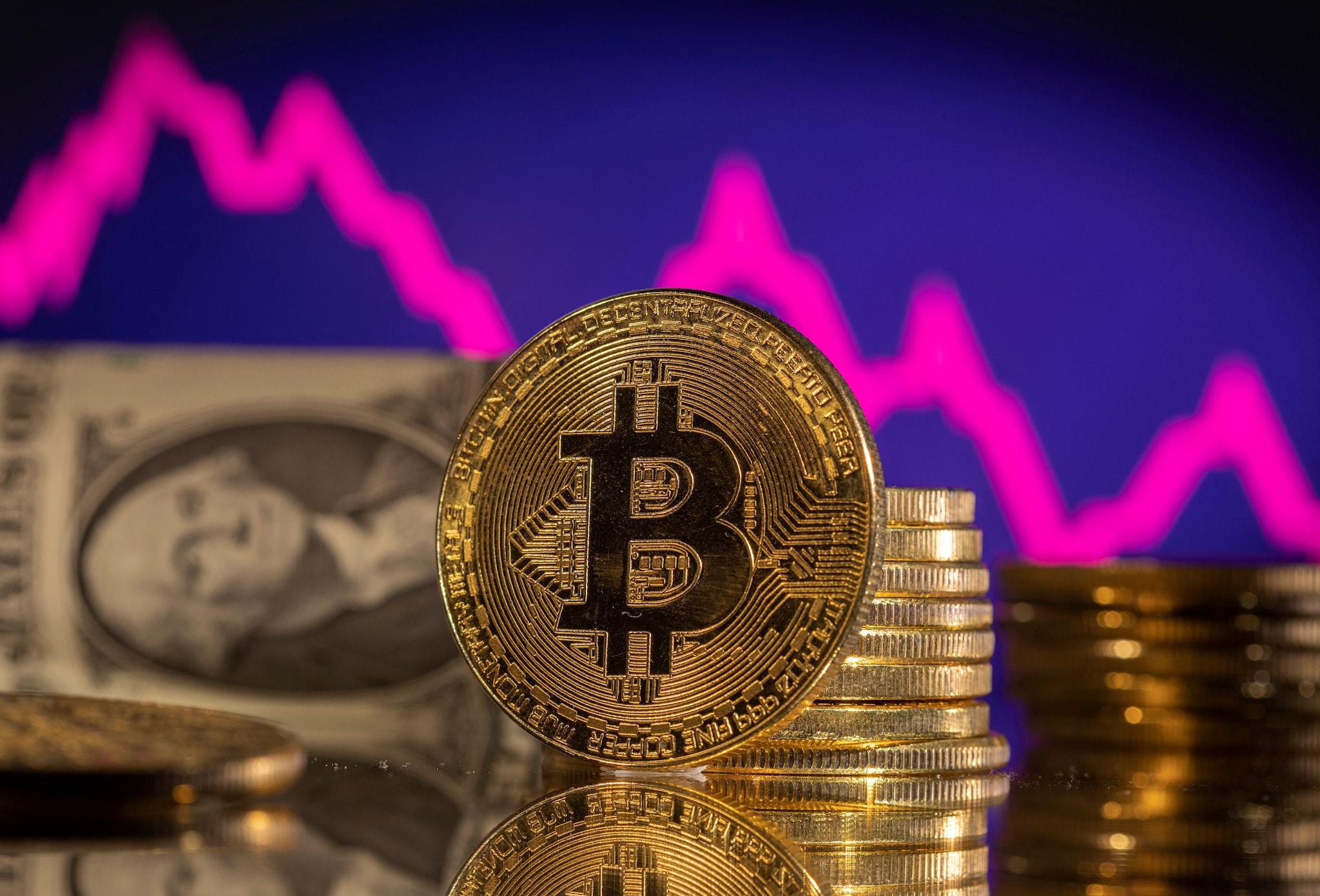Bitcoin’s influence in West Africa is particularly prominent in Nigeria, a key player in the region’s economic landscape.
Yet, amid growing anti-French sentiment, French-speaking West African nations are also witnessing a surge in Bitcoin-related activities.
Senegal has inaugurated Bitique, its inaugural physical Bitcoin exchange and educational hub. Additionally, a Bitcoin Forum is scheduled for December in Dakar, Senegal’s capital.
Notably, a local Bitcoin advocate, Nourou, manages an autonomous Bitcoin node via satellite technology.
Meanwhile, Benin, located west of Nigeria, is preparing for its first exclusive Bitcoin Mastermind conference.
This pioneering event will unite local crypto enthusiasts and entrepreneurs from groups like Izichange, GoesPay, and Flash, fostering a space for Bitcoin education.
Nourou, founder of Dakar Bitcoin Days and Bitcoin Senegal, and Loïc Kassamoto, creator of Bitcoin Mastermind, offer insight into West Africa’s crypto evolution.
These French-speaking countries are beholden to the West African CFA franc currency, a remnant of colonialism.
Dissatisfaction with this currency has amplified anti-French sentiment, evidenced by recent public demonstrations and actions like Mali’s abandonment of the French language.
READ MORE: FTX Founder Seeks Release for Defense Collaboration
The region is witnessing a surge in alternative currency initiatives, with Bitcoin gaining traction as a savings mechanism and medium of exchange.
In contrast to online discussions in the West, West African countries prioritize in-person meetups for financial discourse.
Although the pandemic temporarily shifted discussions to virtual platforms, a post-pandemic resurgence of physical spaces is underway.
Kassamoto highlights the significance of real-world interactions in advancing financial literacy and demonstrating Bitcoin’s potential in West Africa. He emphasizes the role of conferences, meetups, and stores in educating and engaging the community.
Nourou has established Bitique as Dakar’s inaugural physical Bitcoin store, not only facilitating cryptocurrency transactions but also offering in-person educational programs. Moreover, Bitcoin Senegal’s “Baol Digital Kids” initiative imparts Bitcoin and Lightning Network usage to children.
Across borders in Benin, Kassamoto and his peers maintain one of the country’s first Bitcoin nodes.
While Bitcoin adoption grows, Kassamoto acknowledges associated risks due to the broader crypto space’s challenges.
He distinguishes Bitcoin from other cryptocurrencies and underscores the importance of the West African community’s grasp of this distinction.
Bitcoin meetups continue to expand, providing platforms to differentiate Bitcoin from the broader crypto market.
Notably, the Central African Republic’s adoption of Bitcoin as legal tender garnered attention, though its subsequent development of Sango Coin and experimentation with asset tokenization diverted focus.
Ghana will also host a significant Bitcoin and educational conference this year, contributing to the ongoing Bitcoin education drive in West Africa.
Other Stories:
Bybit Unveils NFT Collection as Part of Velocity Series
Global Disparities in Bitcoin Mining Costs Highlighted: From $208,560 in Italy to $266 in Lebanon
SEC Lawsuit Stifles XRP’s US Adoption Potential, Pro-XRP Advocate Asserts Amid Coinbase’s Moves




